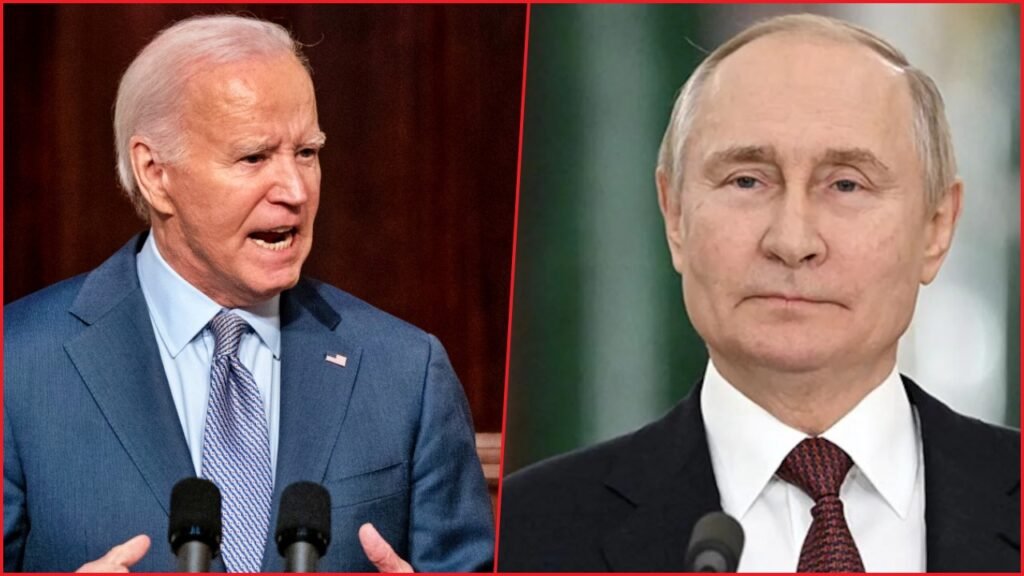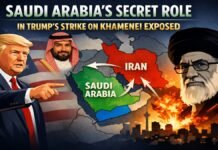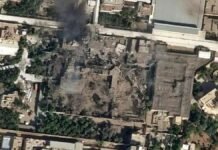
Washington: In a world already on edge with escalating military tensions in the Middle East, a new controversy has emerged that could potentially extend the battlefield into the final frontier space. Recent reports have indicated that Russia was considering the deployment of nuclear weapons into Earth’s orbit, prompting the United States to introduce a resolution at the United Nations Security Council (UNSC) aimed at preventing the militarization of space. The resolution, co-sponsored by Japan, sought to establish a legally binding commitment from all nations to refrain from placing weapons of mass destruction, including nuclear arms, in orbit around Earth.
The move was met with stern opposition from Moscow, as Russia exercised its veto power to block the resolution. This action has drawn sharp criticism from Washington, with US National Security Advisor Jack Sullivan expressing disappointment and concern. Sullivan highlighted the contradiction between Russia’s public assurances specifically from President Vladimir Putin that it had no plans to deploy nuclear weapons in space, and its subsequent veto of the resolution that would have solidified that commitment.
The US-Japan proposal was not merely a symbolic gesture but a call to action for all member countries to avoid developing or deploying nuclear weapons specifically designed for placement in orbit. Such actions would not only breach the Outer Space Treaty but also threaten the myriad of critical services provided by satellites, including vital communications, scientific research, weather forecasting, agricultural monitoring, commercial activities, and national security operations.

US Ambassador to the United Nations Linda Thomas-Greenfield further emphasized the gravity of the situation, stating that Russia’s veto signifies a retreat from its responsibilities and undermines the global non-proliferation system. She accused Russia of engaging in irresponsible nuclear rhetoric and failing to honor its arms control obligations, a pattern that has been observed over recent years.
The international community remains at a crossroads, with the potential weaponization of space posing a significant threat to global stability and peace. The rejection of the resolution by Russia raises questions about the future of arms control and the safeguarding of outer space as a domain free from conflict.




















































